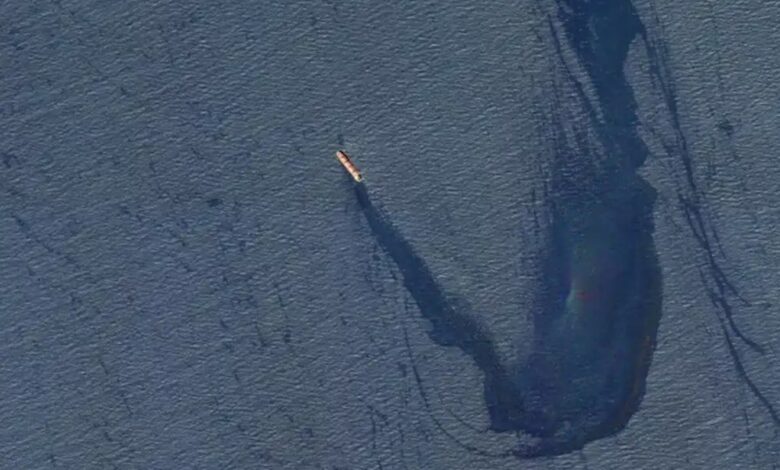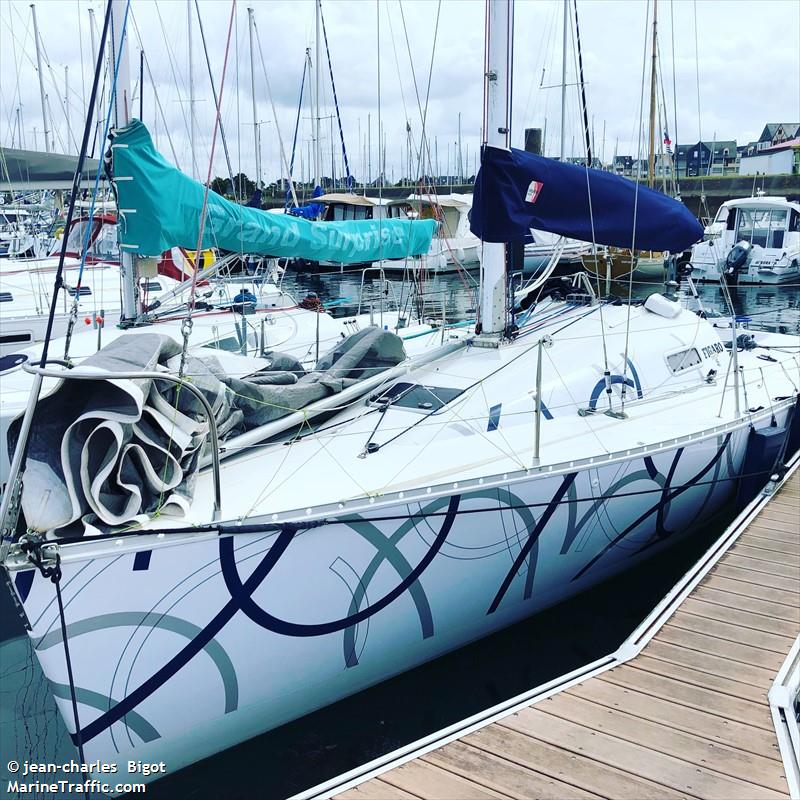Urgent towage of stricken Lebanese vessel in Red Sea remains up in the air

The risks of an ecological disaster in the Red Sea are growing as negotiations get underway to safely remove the ship that has taken the biggest hit so far in the Houthis’ four-month campaign to disrupt shipping in the region.
Concern is growing that the Rubymar could sink. The Lebanese-owned, Greek-managed, Belize-registered ship has been taking on water and images show it is down at the stern, while satellite images show a growing 30 km long streak of bunker fuel seeping from the anchored ship.
The crew of the Rubymar was forced to abandon the vessel on February 18, marking the first such evacuation since the Houthis began disrupting commercial shipping in the Red Sea in response to the war in the Gaza Strip. It is carrying around 21,000 tons of fertiliser.
The ship’s manager, Blue Fleet Group, has told Reuters that the plan is to tow the vessel to Saudi Arabia once a leak has been fixed.
However, Mohammed Ali Al-Houthi, the leader of the Houthis in Yemen, has said salvage of the sticken vessel can only take place if humanitarian aid is sent to Gaza.
The dire security situation in the southern Red Sea and the Gulf of Aden has also seen the suspension of the dismantling of the FSO Safer, a 48-year-old, decaying tanker that the United Nations has been attempting to move.
Splash has repeatedly reported on the UN’s operation to remove the FSO Safer from Yemeni waters. Last year, the UN bought a Euronav tanker and was able to empty the rusting, abandoned FSO Safer’s cargo of 1.14m barrels of crude oil.
However, since then the security situation in the region has deteriorated dramatically. Thanks to the insecure environment around Yemen, combined with a fundraising shortfall, the operation to tow the ship to a place to be scrapped has had to be put on hold.
Any hope for a de-escalation in attacks is looking increasingly unlikely.
Red Sea diversions are likely to remain in place for an extended period, shipping analysts at Jefferies, an investment bank, suggested in a new report.
“Given Houthi attacks continue to persist in the region, the likelihood of a return to normal trade flows seems increasingly off the table as we progress through 2024,” Jefferies noted.
So far in February, the number of ships transiting through the Gulf of Aden and the Suez Canal is 50% and 37% lower than last year respectively, according to data from BIMCO, while Clarksons reports traffic off Cape Town has leaped by 85% since the first half of December.

 could sink. The Lebanese-owned, Greek-managed, Belize-registered ship has been taking on water and images show it is down at the stern, while satellite images show a growing 30 km long streak of bunker fuel seeping from the anchored ship.
could sink. The Lebanese-owned, Greek-managed, Belize-registered ship has been taking on water and images show it is down at the stern, while satellite images show a growing 30 km long streak of bunker fuel seeping from the anchored ship.